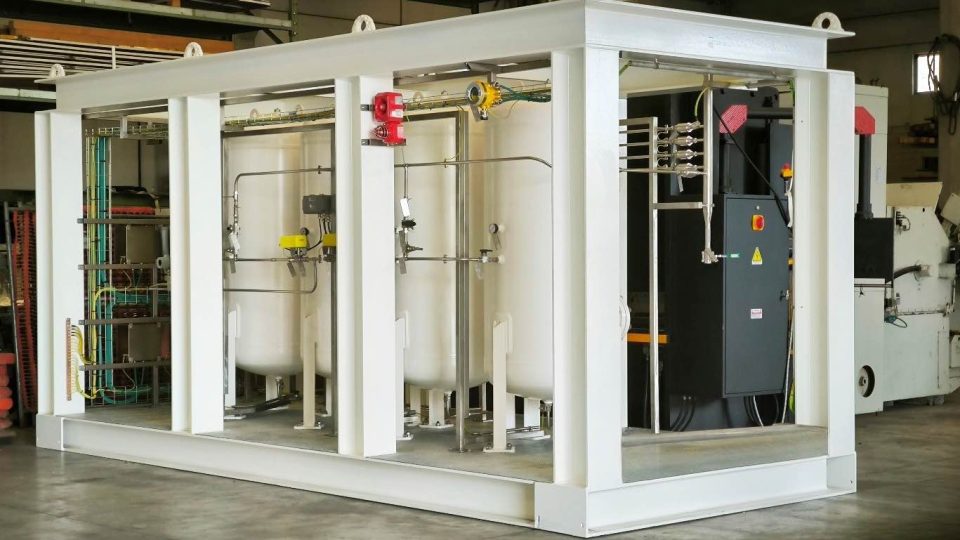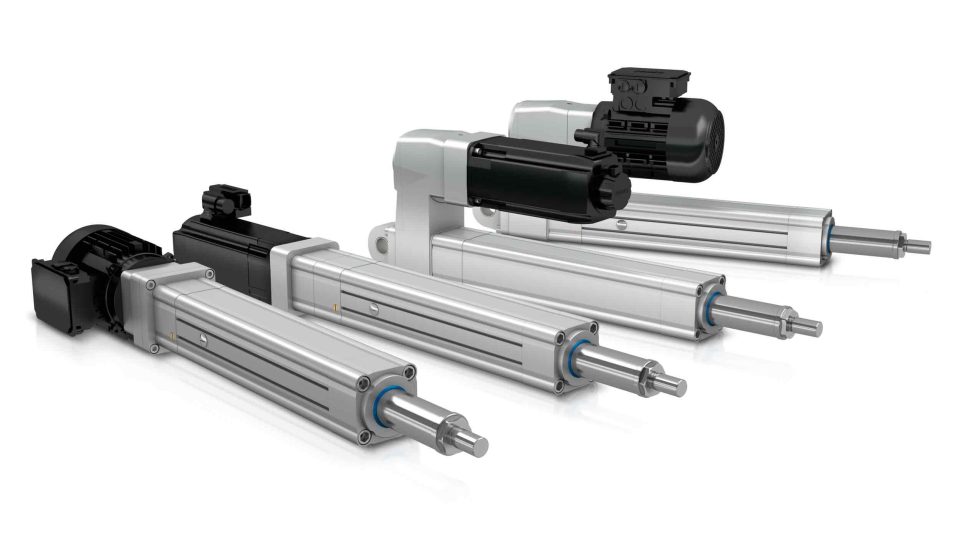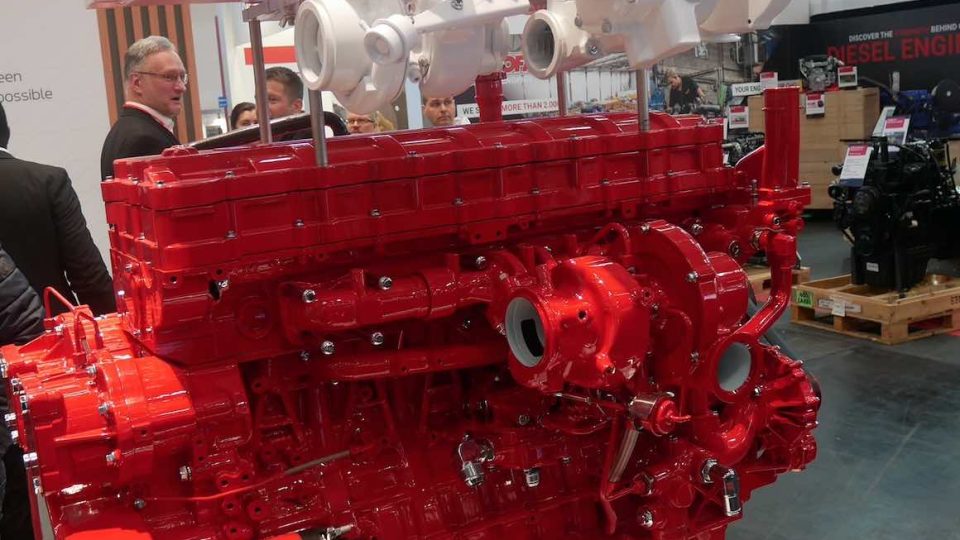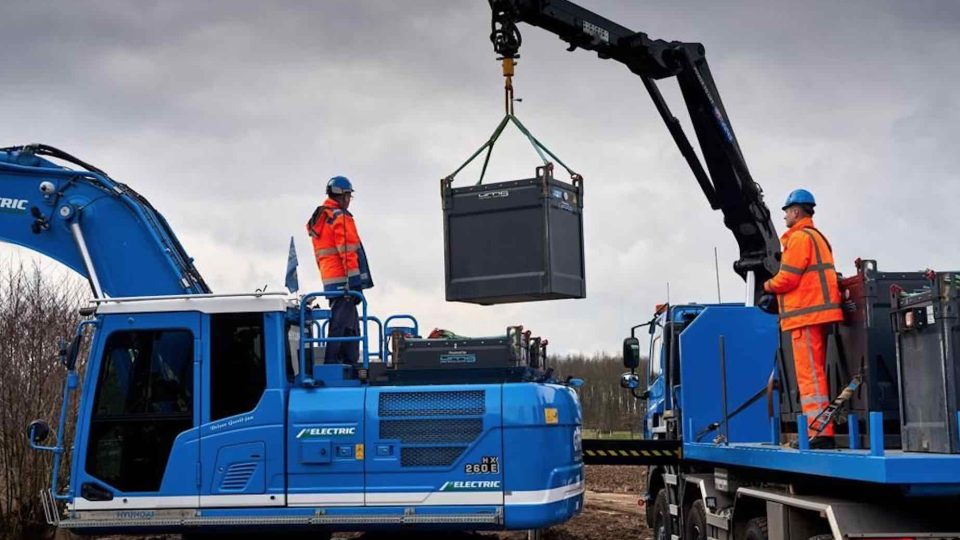Advanced renewable biofuels and hybridization: Cummins, Deere, Neste
“Advanced renewable biofuels and hybridization”, in one word, sustainability. It sounds like a mantra and it corresponds to the imperative necessity of the internal combustione engine to renew itself. Those of Diesel Technology Forum are perfectly aware of this and have consulted Cummins, John Deere and Neste. We’ll have a in-depth report on the next […]
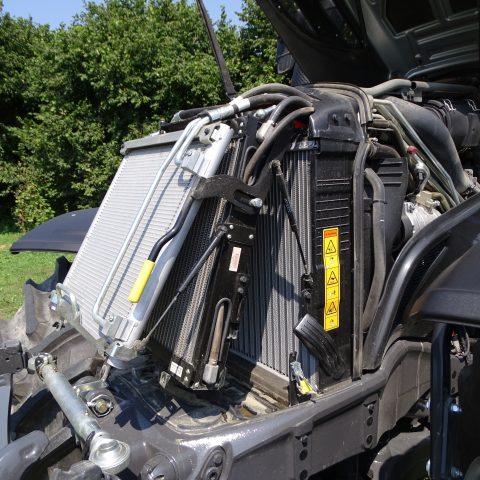
“Advanced renewable biofuels and hybridization”, in one word, sustainability. It sounds like a mantra and it corresponds to the imperative necessity of the internal combustione engine to renew itself. Those of Diesel Technology Forum are perfectly aware of this and have consulted Cummins, John Deere and Neste. We’ll have a in-depth report on the next issues of Diesel International.
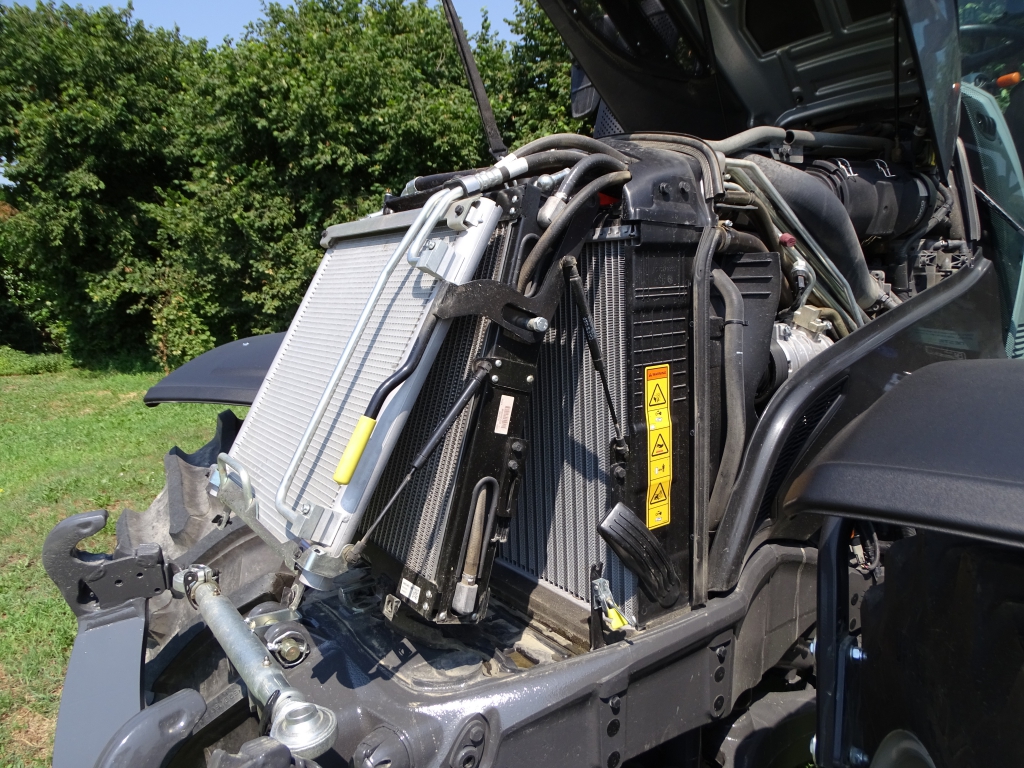
Advanced renewable biofuels and hybridization
«If we think about the future we see our role is struggling in two points in time. One is the energy abundance, US is the major producer and exporter of fossil fuels in the world» Diesel Technology Forum said. They talked about an «an explotion of fuel opportunity, the change is coming».
Wayne Eckerle, Vice President of Research, Cummins: «Around the world we see increasing interest in sustainability considerations resulting in demands for zero gas emissions and by life cycle from raw materials to producing the product, using and riusing the product. Achieving zero emissions from our products is becoming a higher priority of our customers, especially as many of them have their own sustainability goals and plans. Path to zero emissions from the energy source to the work product will depend on application, regional infrastructure, and local regulations. A mix of energy conversion technologies using diverse carbon neutral and renewable energy sources will provide the bridge to zero emissions. We work on our growth platforms, such as build on our stength in powertrain, leverage on our global distribution chanels, data-enabled services and increase participation in attractive markets. Obviously, in new technologies.»
We listened for Michael Lefebvre, Worldwide Manager – Marketing, John Deere Power Systems: « Two-thirds of engines built are provided to internal customers, 0ne-third of engines built are provided to external customers».
What’s the future of diesel?
Lefebvre answered to this crucial question: “What’s the future of diesel?” «While the role of diesel power moving forward will continue to evolve, we believe it has a long life ahead for off-highway. Diesel power is currently the only source that can provide the energy density needed in these rugged applications. Future iterations of diesel engines will leverage new technologies, smarter engine designs as well as enhanced virtual models and telematics data». Talking about telematics he mentioned some points of John Deere Smart Industrial strategy, such as «utilize IoT and machine performance data to develop new solutions» and «Telematics systems increase uptime through remote diagnosis, for example: Expert Alerts can identify low pressure in an engine, alerting a dealer to make a repair when necessary.»
Neste, the voice of renewable fuels
Carrie Song, Vice President of Renewable Diesel, Neste, took an example: «Neste MY Renewable Diesel has replaced 1.6 billion gallons of fossil diesel in California in less than five years -delivering an immediate, lasting reduction in GHG emissions and pollution to local communities». What are the benefits, compared to fossil diesel? Song gave some items: 80% reduction in GHG emissions; reduction in NOx & CO emissions; less particulate matter; no crude oil pumped out of the ground».




